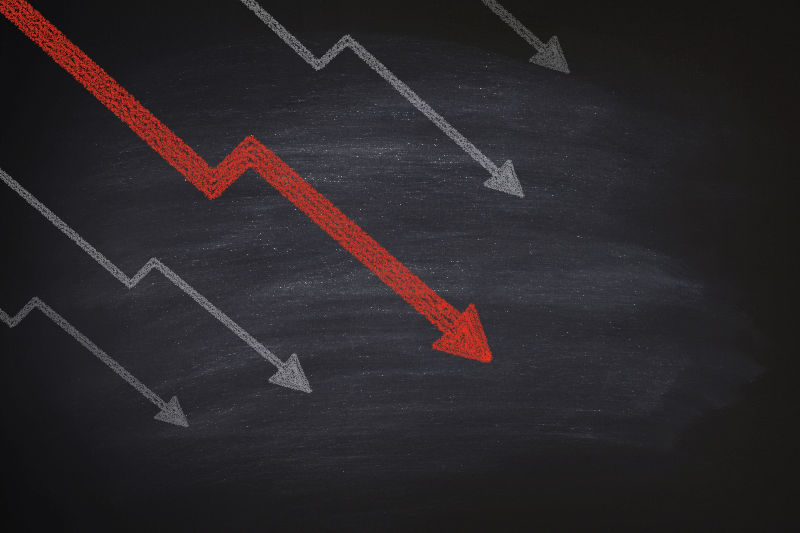Index tracking products recorded the largest shift in negative sentiment (13%) by Iberian fund selectors over the first quarter of 2018 in comparison with 22 other asset classes, according to Last Word Research.
Iberian fund selectors were 9% more more negative towards the asset class compared with the pan European sentiment.
According Last Word’s survey of 52 Spanish, Portuguese and Andorran fund selectors – 44% of Iberian fund selectors did not use index tracking products such as exchange traded funds (ETFs); 15% were expecting to sell; 23% expected to hold, and 17% were looking to increase their holdings.
[visualizer id=”6736″]
Source: Last Word Research
This was compared to 33% of pan European selectors who did not use the index-tracking products (10% looking to sell, 36% to hold, and 21% who wanted to increase.)
[visualizer id=”6731″]
Source: Last Word Research
Volatility
The shift in negative sentiment towards the asset class has been seen across Europe as the last year’s bull market splutters to a halt and market volatility rises sharply.
Last Word Research said it made sense for fund selectors to decrease assets that were portfolio correlated, leading to a drop in exposure to index trackers.
The increase in volatility since the beginning of the year could be a trigger for active managers to review their options and hedge against risk in a bid to diversify their portfolios.
Spanish private bank Andbank director, Ramon Roig Carreras, said his firm was looking to sell index tracking products as its chief economist expected equity indices to endure a bumpy ride.
“[Volatility] will hinder the return of alpha in index tracking funds,” he said. “This year we prefer to invest in European equity value funds.”
Lynx Asset Management’s director, Rita Neves, said: “We are expecting a decrease in global economic growth by the end of 2018 – it’s possible that [towards the end of the year] will sell some of our passive funds as the conditions will better suit active managers”.
[visualizer id=”6732″]
Source: Last Word Research
European ETF market
A recent report by Thomson Reuters Lipper found that assets under management in the European ETF industry dropped €3.9bn to €628.3bn during the month of March.
The report said the driver of decrease was from underlying market performance which lost €4.7bn, while net sales gained €0.8bn.
The majority of products were in equity funds at €451.8bn, followed by bond funds (€146.2bn), commodity products (€19.3bn), other funds (€6.6bn), money market funds (€3.4bn), mixed-asset funds (€0.7bn), and alternative Ucits products (€0.3bn).

“Even in the volatile environment of March 2018, equity ETFs (€0.9bn) were once again the asset type with the highest net inflows of the European ETF industry,” the report said.
Equity ETFs inflows were followed by money market ETFs (€0.1bn), commodity ETFs (€0.1bn), other ETFs (€0.1bn), and mixed-asset ETFs (€0.01 bn).
However, alternative Ucits and bond ETFs posted net outflows of €0.1bn and €0.3bn respectively.
“This flow pattern drove the overall net flows up to €20.9bn for the year 2018 so far,” Lipper said.







